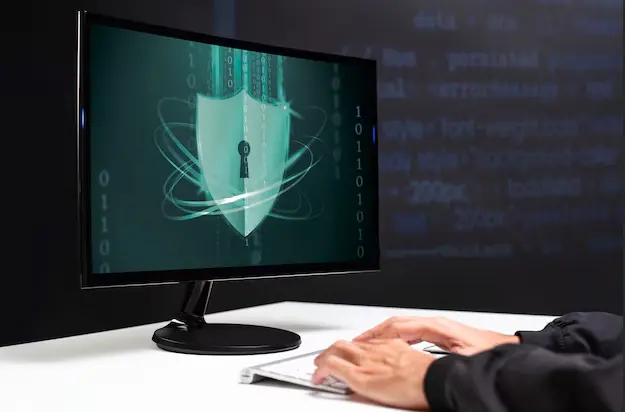- Posted on
- admin
- No Comments
Cybersecurity Threats in Online Gaming & How to Stay Safe
The online world has ushered in a new era of gaming, bringing thrilling experiences directly to people’s devices. From slots to poker, players can explore and play a wide range of games and unlock unique benefits with the help of technology without having to leave home.
However, the growth of online gaming has also brought cybersecurity risks, coupled with the increasing sophistication of cyberattacks. Ransomware, social engineering, and AI-powered cybercrime are becoming major cybersecurity concerns, especially as 2024 saw a continuation of data breaches at historic levels with 3,158 cases. As such, online gaming sites have taken measures to ensure that players are protected and their information is kept away from cybercriminals.
Aside from security, platforms have also employed various features to ensure privacy and fairness, keep identities safe, and level the playing field. Security, fairness, and privacy all work together to create an enjoyable and seamless experience. Here’s how online gaming platforms use technology to enforce these aspects:
Security
Online gaming can come with a plethora of security risks that can threaten the safety of users’ data and information, especially financial details. Many cybercrimes like hacks, data breaches, account takeovers, and more have become much more sophisticated and difficult to detect. Even major casino operators, like the MGM Grand, have suffered massive data breaches that have cost a lot to repair and restore. Gaming platforms have employed various security measures to keep players and their sensitive details safe from prying eyes and malicious parties.
Multifactor authentication has emerged as a way for players to confirm their identity when logging into their account by taking precautions like sending one-time codes to their phone number or email address. This adds an extra layer of security compared to a traditional password-only login.
Many gaming platforms have also adopted blockchain technology and cryptocurrencies as payment methods. Blockchain and crypto are known for their high security, lower fees, and transparency since they aren’t regulated by a governing body. The immutable blockchain ledger prevents any third parties from tampering with the information stored on it, such as each transaction, ensuring top-notch security and transparency.

Fair play
Fairness is a common concern for gaming, whether in brick-and-mortar casinos or online sites. However, playing online can make it difficult to detect any tampering or bias due to sophisticated technologies that can be used for cheating. Online sites have taken measures to prevent unfair advantages towards certain players by employing features that enhance fairness.
Random number generators (RNGs) are one of the most common tools used in order to avoid bias. Online poker site ACR Poker uses an RNG to ensure each hand dealt on the platform is unpredictable and uniformly distributed. It’s been examined and approved by a reputable third-party auditor to certify its trust and efficacy. The site has other software to promote fair play too, such as a reshuffle feature that automatically returns folded cards to the deck to prevent players from revealing them. Additionally, ACR Poker goes by a manifesto that prioritizes fair play, open communication, and shared values. This informs its fairness measures to earn the trust of players. Using technology to ensure fairness in online poker preserves the game’s natural integrity and allows everyone to play on a level playing field.

Privacy
Privacy is important for many online players, both for security and to ensure a more pleasant playing experience. Some users may not want to provide their personal details to preserve their identity. Using a crypto wallet when connecting to an online gaming site can make it easier for players not to have transactions linked to their real names, as they are tied to the wallet address instead. Platforms can also employ encryption measures that prevent cybercriminals from accessing and keeping essential data private.
Data encryption scrambles the data and makes it unreadable, and the only way to decipher it is through a key that only authorized parties—such as the platform and the player—have access to. Even if data manages to fall into the wrong hands, it is rendered useless to the attacker if they cannot unscramble it. Online gaming platforms can also prevent cybercriminals from accessing or guessing the key by tightening the security around the keys or regularly changing the keys. Keeping data private and inaccessible enhances security, player trust, and confidence.
Visit CourseDrill for more professional online training resources and technology insights.
Popular Courses


